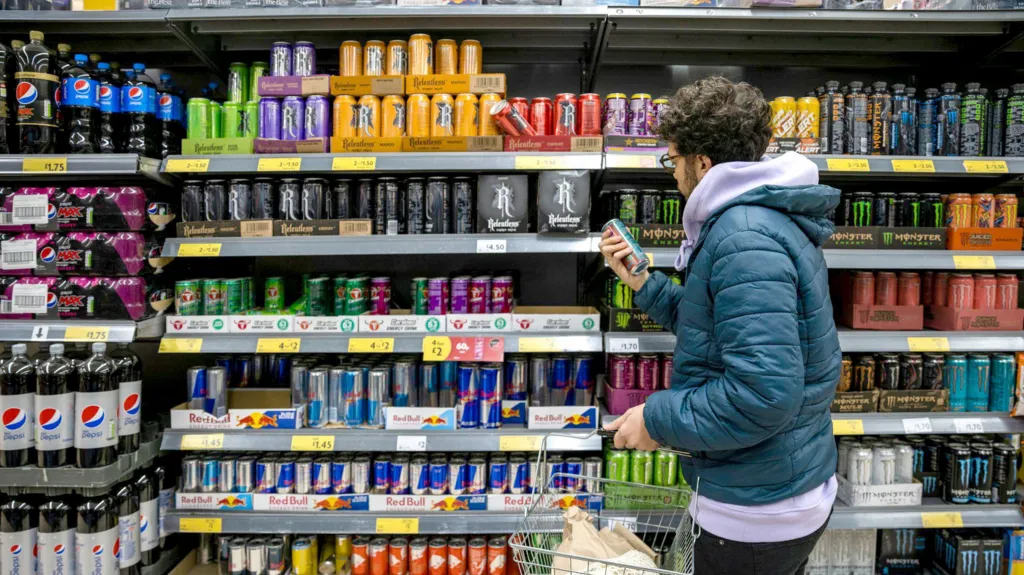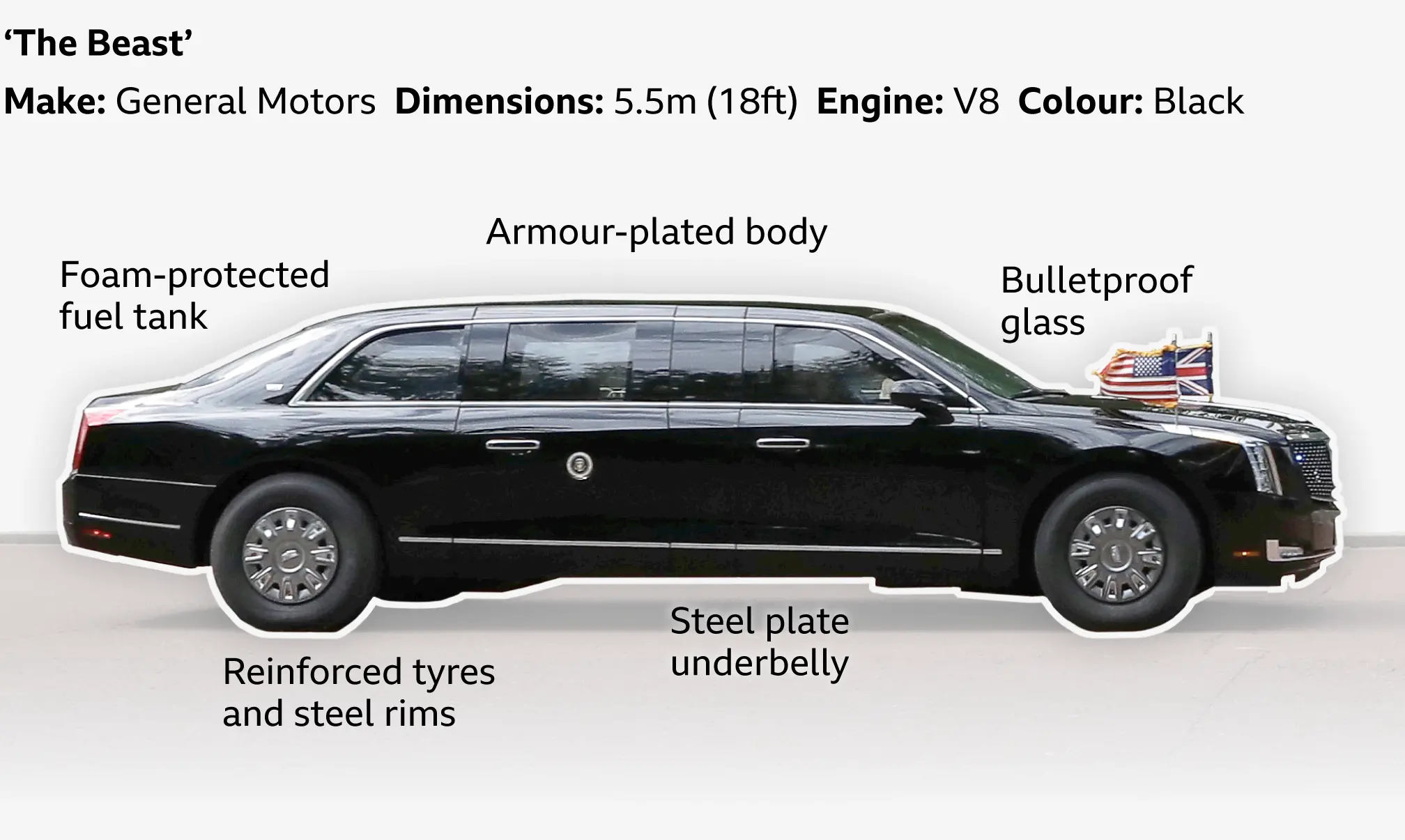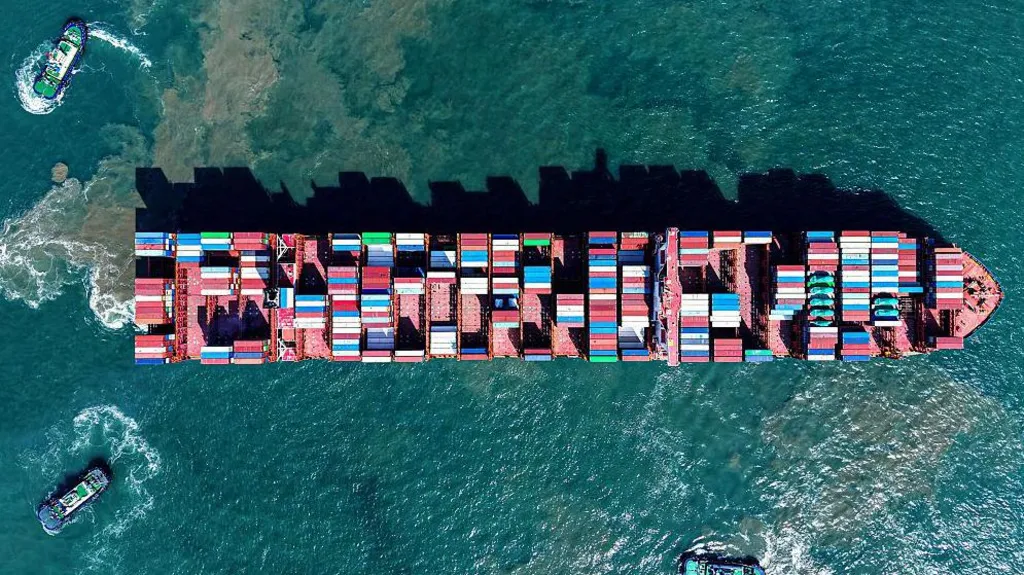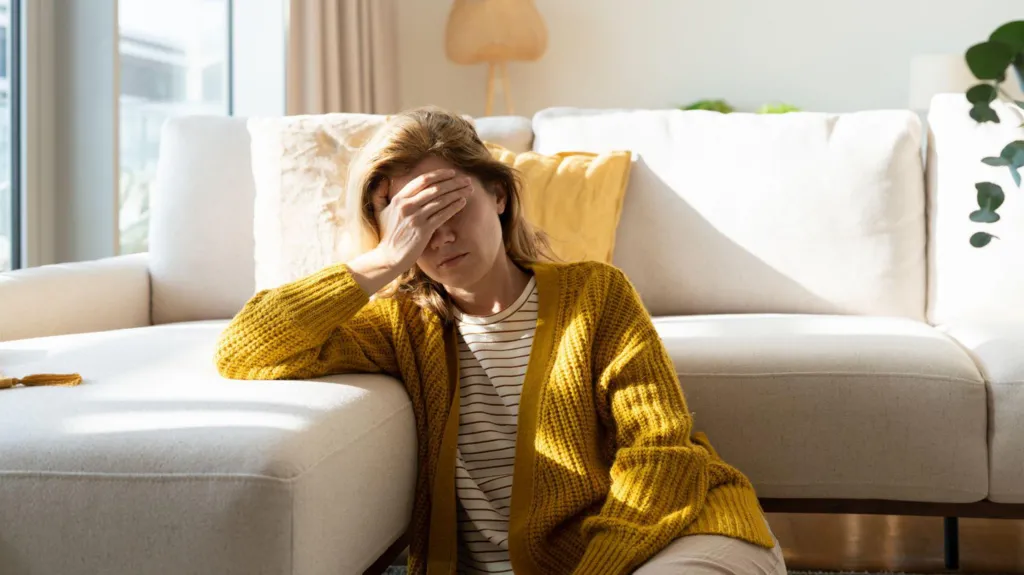
The UK government is preparing legislation that would prohibit the sale of energy drinks to anyone under 16 in England. If approved, the move would block young people from buying popular high-caffeine brands such as Red Bull, Monster and Prime in shops, restaurants, cafés, vending machines, and online. minotaur fight store | minotaurfightstore
Although many major supermarkets already enforce voluntary restrictions, research suggests that up to a third of UK children still consume energy drinks every week. Some products contain more caffeine than two cups of coffee, raising concerns about their impact on health and learning.
Health and Social Care Secretary Wes Streeting said parents, teachers, and children themselves had urged the government to act. Speaking to BBC Radio 4’s Today programme, he explained: “You can see the impact on health, concentration and learning, and that is why we are acting.”
Excessive caffeine intake has been linked to headaches, sleep disruption, rapid heart rate, and—though rare—seizures and even deaths. Sugary versions of the drinks pose additional risks, including dental damage and increased obesity rates, according to the Association of UK Dietitians.
A 12-week public consultation will now gather views from health experts, educators, retailers, and manufacturers. Streeting stressed that the ban would be introduced well before the end of this parliament, saying the government intended to move “a lot sooner” than Labour’s original pledge.
Campaigners argue that energy drinks are aggressively marketed to teenagers. Carrera, 18, from youth activist group Bite Back, said companies use influencers, playful packaging and bold flavours to target young consumers: “It’s no wonder energy drinks have become the social currency of the playground.”
High-profile voices, including TV chef Jamie Oliver, have also long criticised the drinks. Oliver warned that students arrive at school “bouncing off the walls” after consuming them at breakfast, describing them as containing “three, four shots of espresso and loads of sugar.”
Currently, UK labelling rules require any non-tea or coffee drink with more than 150mg of caffeine per litre to display a warning that it is unsuitable for children or pregnant women. Experts note, however, that children’s smaller bodies and developing brains make them particularly vulnerable to caffeine’s effects.
While adults can safely consume up to 400mg of caffeine a day, research by academics such as Professor Amelia Lake of Teesside University has shown that energy drinks can have “significant mental and physical health consequences” for children, and that they have “no place” in young people’s diets.
Professional bodies, including the Royal College of Paediatrics and Child Health, have welcomed the proposed ban as a “logical step” in improving children’s nutrition.
Not everyone supports tighter regulation. Gavin Partington of the British Soft Drinks Association noted that many manufacturers had already implemented voluntary restrictions, and urged the government to ensure policy decisions were “based on rigorous evidence.”
The previous Conservative government abandoned similar plans in 2022, arguing that consumption should remain a personal choice. But Streeting insisted that while personal responsibility applies to adults, children need stronger protections.
Devolved governments in Northern Ireland, Scotland and Wales are also considering introducing bans of their own.






